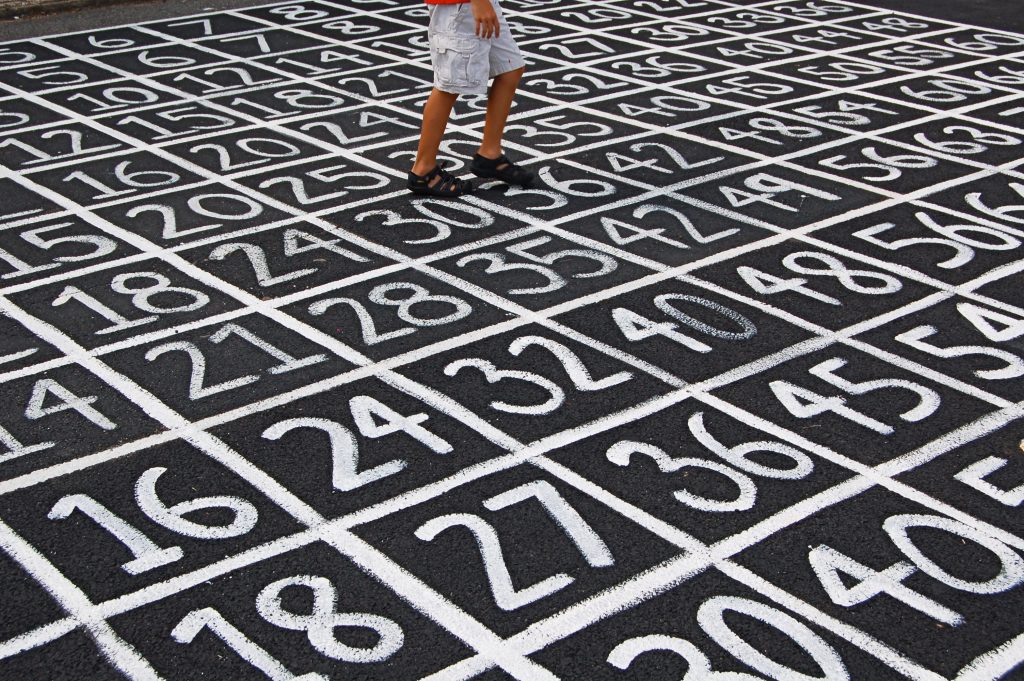Welcome back to Math Superpowers, a series of blog posts where I’ll be focusing on different superpowers related to math or physics. None of these are my own and have been utilized by multiple creators for a variety of purposes. Previously, we covered vector manipulation and division by zero – both of these have proved to be quite powerful and desirable, if you were in their worlds, that is. However, we’re in the real world where nothing happens, and so, I’ll be highlighting a more mundane ability that can prove to be just as useful – numerical precision.

This is the power to be precise with numbers and view the world as a numerical system. This power has numerous associations because of it, but basically, you’re a human calculator. Instead of using your fingers or mentally think about the equation, you solve it instinctively in the blink of an eye. Everything becomes intuitive and even if you haven’t learn the operation before, you’d have a vague understanding of it anyway. Pretty useful to grow up with so you’d never have a day where you’d struggle to remember BEDMAS.
Users of this power perceive reality as a numerical construct. Because of this, they’ll have flawless accuracy and precision, as well as the capability to isolate, analyze, and calculate any variable to solve all problems that may arise. These individuals can tell how many objects are in a box without seeing them, know which hand is hiding a coin, and even offer precise coordinates to locations without consulting a map. Advanced users can tell you how many stars in are in the galaxy, how many babies are being born in his exact minute, determine the winning numbers of a lottery, and how fast a bullet is coming at you and the precise angle to move in order to dodge it while it’s being shot.
Numerical precision is a variation of mathematics manipulation, where the user can manipulate and alter the laws of math. Some key differences between the two is that math manipulation solely depends on the intellect of the user whereas someone with numerical precision embodies math. They are a personified calculator through pure instinct. In addition, users of numerical precision cannot alter probability. If something is already in motion, they can’t change it, only calculate the possibilities that may arise and act accordingly. A person who can manipulate math is only bound by logic, so impossible scenarios cannot be conceived.
This ability is on a spectrum from those who have absolute finesse with numerical precision to those who demonstrate it to a degree. These individuals come from the espers from A Certain Magical Index and all of its incarnations. Espers must be able to perform calculations to the thousands per second in order to use their abilities. All of their powers are founded in science, and so many of these espers are well-versed in their respective subjects to be able to use their powers efficiently. (You can tell I really like this series. (Scientific Railgun is superior.))
Another character is Lelouch Lamperouge, the protagonist from Code Geass, written by Ichiro Okouchi. He has a genius-level intellect and is capable of devising and executing strategies within seconds. He can also process information at an enhanced speed and come up with different outcomes as a result. This helps him lead a rebellion against his country and possibly emerge victorious.
Finally, there is Shiro from No Game No Life, written by Yuu Kamiya. To contrast her step-brother, Sora, Shiro’s prowess lies in mathematical probability, as well as thorough capabilities for scientific calculations and running simulations mentally.
Is it possible to achieve numerical precision in real life? Perhaps! We’ve got a blog post about two math geniuses in the 21st century and plenty of lessons to help you get started on your quest of being a human calculator.
Join us next time as we tackle the lesser known world of math and superpowers so that the next time your icebreaker question is about which power you want to have, you’ll stand out from all the rest!











